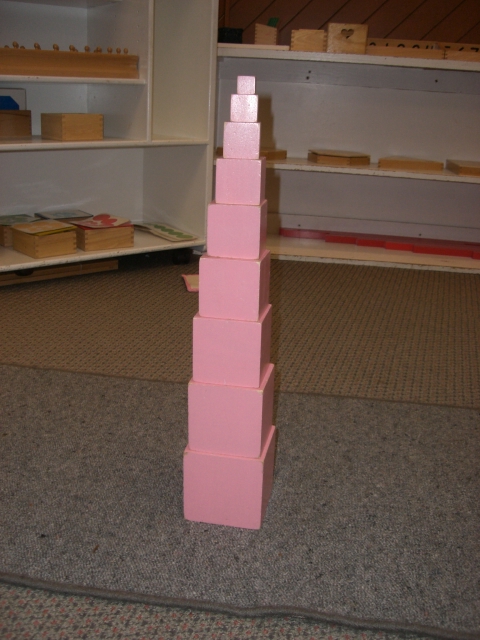
Example: My daughter and I attended a baby shower ~ which for me was pure agony, for a number of reasons beyond the usual. It seems to have meant a lot to the young mothers-to-be that we went, and I survived, but not without some damage.
Example: My husband and I are skipping a wedding this week-end. To do the whole thing would entail 24-plus hours away from home engaged in nonstop celebration. We have attended two weddings since Josh died, and I think we have sworn them off for awhile. But people are Not Happy with us.
Example: A conflict has emerged over a moms' week-end away and an 8-day retreat I have planned. I do need to spend time with my friends, but I also need this time away with a spiritual director who has particular gifts and training applicable to the situation in which I find myself. I think I am at a pretty critical turning point, and I would like to navigate something well rather than badly for a change.
How I see it: People have, of course, gone on with their own lives. I WANT my friends to enjoy each other and their children and grandchildren. I cannot expect them to know that, much as I want to see and talk with them, the usual, run-of-the-mill social events are painful for me and I do much better with one-on-one conversations over coffee. I have tried to hint at that, but apparently I need to wear a sign. Interestingly, I am doing much better these days at keeping up with friends who are not part of my usual "group," precisely because we do get together only occasionally and usually only in pairs.
More challenge: My husband, who was already an Introvert of the Highest Order, lost his son and father in one 18-month period. I am trying to be supportive of his needs as well as my own and our children's, and often we don't mesh. I read somewhere that a family in grief is a like a family in a pool or lake ~ when one person comes up for air, she looks around and see no one, because everyone is popping up on different timetables. It requires a whole new level of resiliency and commitment to stay in the water.
The kicker: I am no different from anyone else. I, too, find it difficult to remain attentive to and considerate of friends who have suffered big losses.
I wish that I were a brilliant conversationalist and moved with ease in the world, someone of whom people could say, "She's so strong and courageous!"
I wish that I lived all by myself in a cottage on the edge of the sea, someone whom only migrating birds would see, and of whom people could say, "Well, she just vanished."
Real life is a good deal more ~ um ~ mushy.








